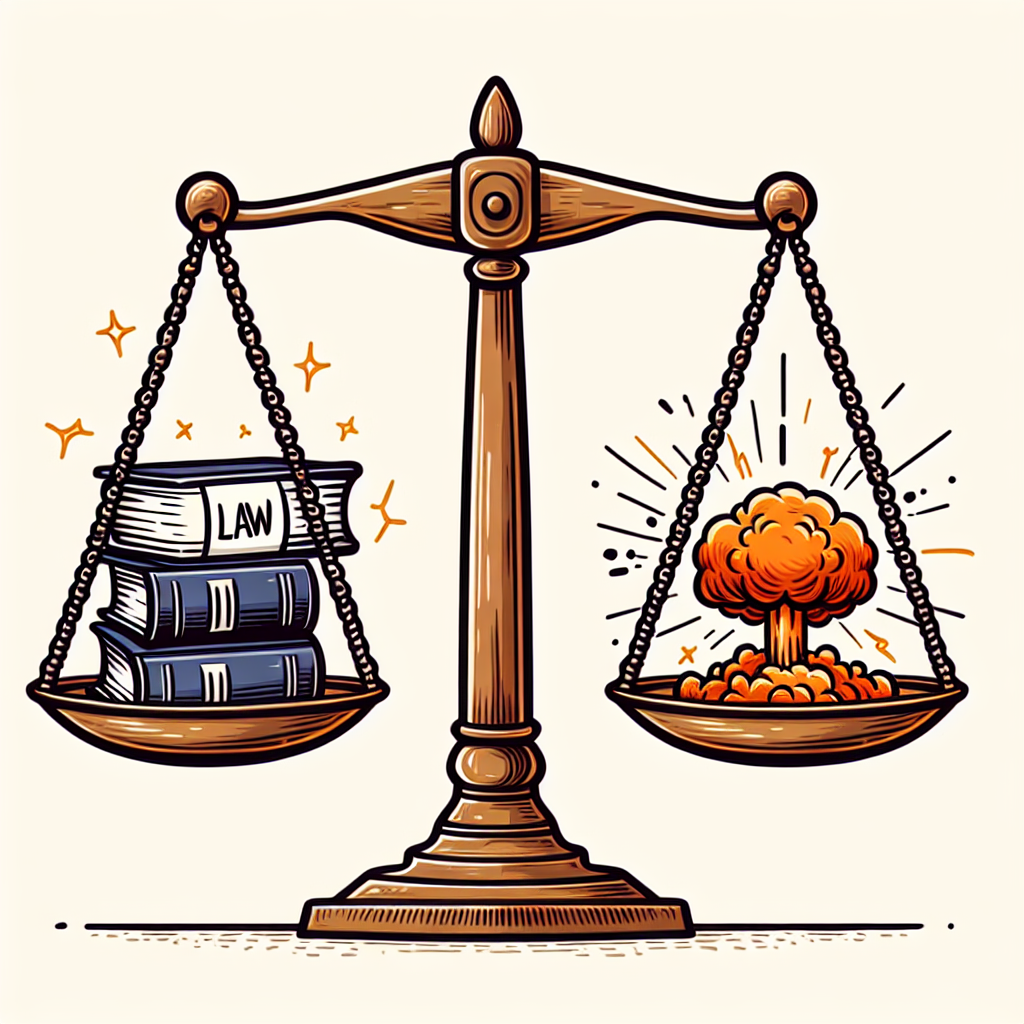Supreme Court's Verdict on Timelines for Assent: A Constitutional Dilemma
The Supreme Court reserved its decision on whether constitutional courts can impose timelines on governors and the President to assent to state legislature bills. The decision follows a 10-day hearing on a presidential reference questioning discretionary powers under Articles 200 and 201 of the Constitution.

- Country:
- India
On Thursday, the Supreme Court reserved its verdict after an extensive 10-day hearing concerning a presidential reference about constitutional timelines for governors and the President to assent to bills passed by state legislatures.
The hearing, led by a Constitution bench including Chief Justice B R Gavai and other notable justices, began on August 19 and concluded with Attorney General R Venkataramani's arguments. His conclusion marks the formal reservation of the court's decision.
The reference stemmed from President Droupadi Murmu's exercise of powers under Article 143(1), querying the court on potential judicially imposed timelines for presidential discretion on state legislation. This follows the apex court's April 8 ruling concerning Governor powers over Tamil Nadu's legislative bills.
ALSO READ
BJP Demands Proof as TMC Alleges Vote-Buying in Vice-Presidential Polls
Taiwan's President Warns of China's Expanding Global Ambitions
C P Radhakrishnan Ascends to Vice-President, Acharya Devvrat Steps In as Maharashtra's Governor
Supreme Court Awaits Verdict on Presidential Reference: A Constitutional Dilemma
SC reserves verdict on Presidential reference if court can impose timelines for governors, President to grant assent to Bills.










